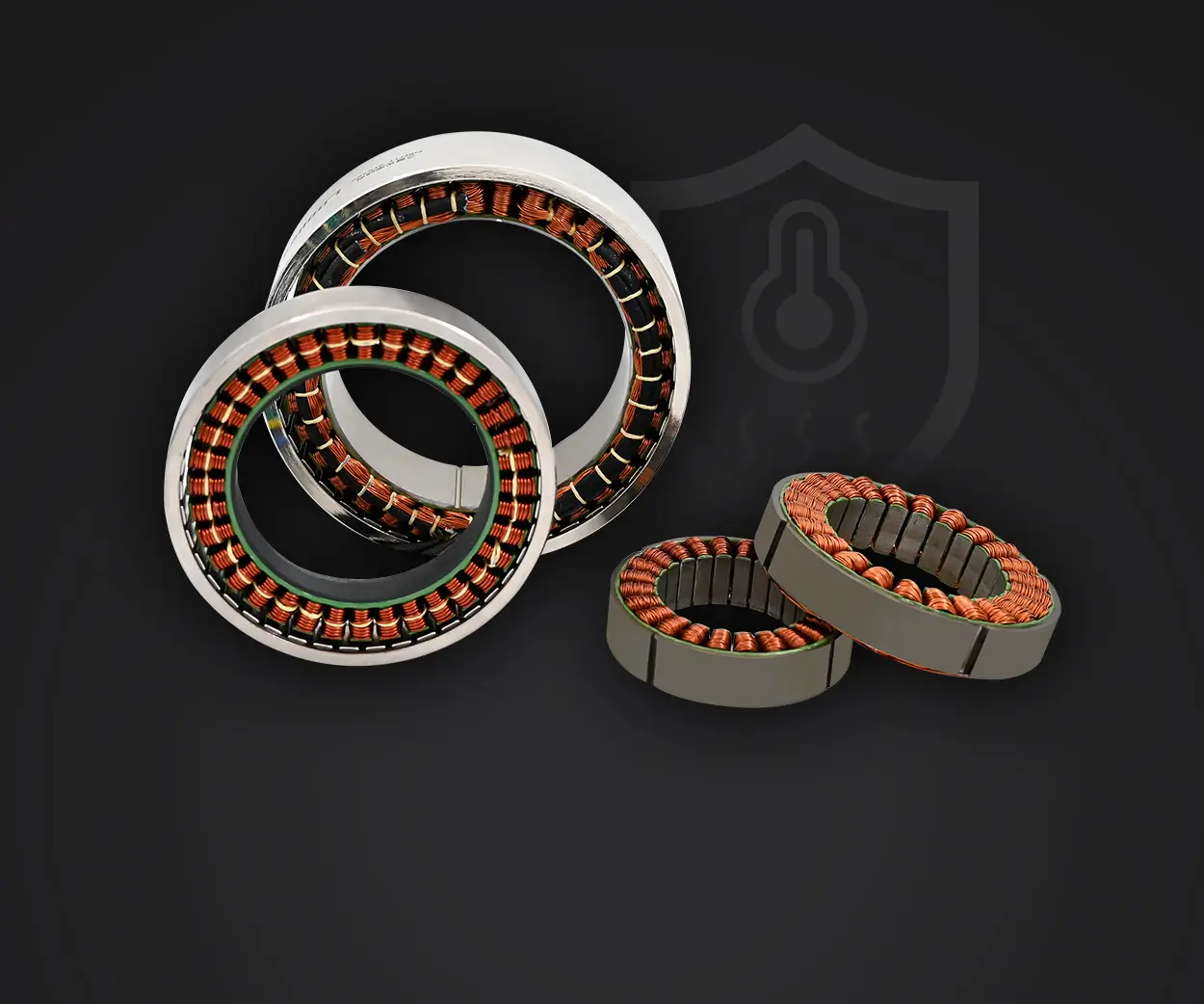In the world of modern manufacturing and intricate craftsmanship, Computer Numerical Control (CNC) machines stand out as the beating heart of precision engineering. Whether you're crafting detailed jewelry, designing automotive parts, or creating artistic sculptures, the backbone of your success lies in the fidelity with which your CNC machinery executes commands. Enter the servo motor kit—a game-changer that unlocks newfound levels of accuracy, speed, and control.

Picture your current CNC setup. Maybe you're using stepper motors, which have served well but could sometimes falter when demanding higher precision or smoother operation. Now, imagine swapping these out for a nifty servo motor kit, specially designed for CNC applications. The difference? Tranquil, high-resolution movement and dramatically improved responsiveness.
But why are servo motor kits becoming the go-to upgrade for CNC enthusiasts and professionals alike? To understand this shift, let's delve into what makes a servo motor so exceptional.
The Heart of Precision: What Is a Servo Motor Kit?
A servo motor kit encompasses not just the motor itself but also the necessary control hardware—think controllers, encoders, drivers, and sometimes cooling systems—all tailored to work seamlessly together. Unlike regular motors, servo motors are designed to provide precise positional control with rapid response times, making them ideal for applications requiring intricate movement.
The core advantage lies in the use of feedback systems, usually encoded as high-resolution sensors within the motor assembly. This feedback allows the control system to know exactly where the motor's shaft is at any given moment. As a result, CNC machines equipped with servo motors can achieve:
Superior Acceleration and Deceleration: Enhanced control during rapid starts and stops. High Positional Accuracy: Fine movements down to fractions of a millimeter. Consistent Torque at Various Speeds: Maintaining power regardless of operation velocity. Smoother Motion: Elimination of jitter or vibration common with less advanced motors.
Transitioning From Stepper to Servo: Is It Time?
Many traditional CNC setups utilize stepper motors because they are simple, affordable, and easy to implement. However, they have limitations—especially in applications demanding high precision, dynamic movement, or heavy-duty work.
Servo motors are virtually the next evolution. They excel in scenarios where:
Fine control of position is critical. High responsiveness can dramatically improve work quality. Load variations require a motor that can adapt quickly. Reduced mechanical strain and vibration lead to longer machine life.
Switching to a servo motor kit isn't just about upgrading parts; it's an investment in your machine’s potential. The enhanced repeatability and reliability translate to better product quality, less downtime, and increased productivity.
What to Look for When Choosing a Servo Motor Kit
Before jumping into a purchase, understanding what features and specifications matter is key. Here are the critical parameters:
Motor Torque and Power: Ensure the motor can handle your workload. Higher torque is essential for cutting thicker materials or heavier loads. Speed Range: Match the motor's RPM (Revolutions Per Minute) with your CNC's operational needs. Encoder Resolution: The higher the resolution, the more precise the control. Look for motors with encoders providing thousands of pulses per revolution. Compatibility: Verify that the servo drive and control system integrate smoothly with your existing CNC controller. Size and Mounting: The physical dimensions should fit your machine’s existing structure. Durability and Cooling: Robust construction and effective cooling systems ensure longevity, especially in demanding working environments. Cost and Support: Balance your budget with the reputation of the manufacturer and available technical support.
The Benefits of Implementing a Servo Motor Kit in Your CNC Setup
Once installed, the transformation in your CNC operation will be palpable. Here’s what you stand to gain:
Enhanced Precision: Achieving tolerances of a hundredth of a millimeter becomes feasible. Increased Speed: Faster movement between points reduces machining time without sacrificing quality. Reduced Mechanical Wear: Smoother acceleration and deceleration parts lessen strain on mechanical components. Greater Flexibility: Easily adapt your machine for different tasks by adjusting control parameters. Automation and Integration: Servo systems are more compatible with CAD/CAM software, allowing for more complex and precise designs.
From Hobbyist to Industry Leader: Who Can Benefit?
Whether you're a passionate hobbyist, a small workshop, or a large manufacturing plant, a servo motor kit for CNC offers scalability and flexibility:
Hobbyists can enjoy hobby-grade precision at affordable costs. Small businesses can improve their product quality and competitiveness. Industrial facilities can streamline operations and reduce maintenance costs.
In Conclusion: The Right Upgrade at the Right Time
Embarking on the journey of integrating a servo motor kit into your CNC machine isn't a decision to take lightly but certainly one that can revolutionize your capabilities. It’s about moving beyond traditional constraints toward a future where precision, speed, and reliability are standard features.
In the next segment, we'll explore the technical aspects of installing a servo motor kit, real-world case studies illustrating its benefits, and practical tips to ensure optimal performance. Stay tuned, because the transformation awaits!
Kpower has delivered professional drive system solutions to over 500 enterprise clients globally with products covering various fields such as Smart Home Systems, Automatic Electronics, Robotics, Precision Agriculture, Drones, and Industrial Automation.




































